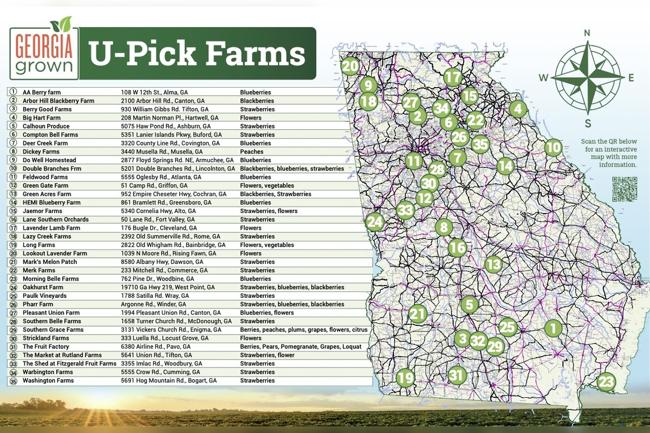Summary
Checkerspot has developed a Non GMO algal oil in a fermentation tank with the performance of high-oleic palm oil.
Source: AFN

AI News Q&A (Free Content)
Q1: What is Checkerspot's innovative approach to creating a high-oleic palm oil alternative?
A1: Checkerspot has developed a high-oleic palm oil alternative using non-GMO algal oil produced in a fermentation tank. This innovation leverages biotechnology to mimic the properties of palm oil without the environmental impact associated with palm cultivation.
Q2: How does fermentation play a role in Checkerspot's algal oil production?
A2: Fermentation is crucial in Checkerspot's process as it allows the cultivation of algae that produce oil with high oleic content. This method is sustainable and avoids genetic modification, making it a more environmentally friendly approach compared to traditional palm oil production.
Q3: What are the potential benefits of using non-GMO algal oil over traditional palm oil?
A3: Non-GMO algal oil offers several benefits over traditional palm oil, including reduced deforestation and biodiversity loss, lower carbon emissions, and a sustainable supply chain. Additionally, it avoids the genetic modification concerns associated with some palm oil alternatives.
Q4: What are the environmental impacts of palm oil production that Checkerspot's innovation seeks to address?
A4: Palm oil production is associated with significant environmental impacts, including deforestation, habitat destruction, and increased greenhouse gas emissions. Checkerspot's algal oil alternative aims to mitigate these issues by providing a sustainable and environmentally friendly alternative.
Q5: What recent research has been conducted on the use of fermentation in producing sustainable oils?
A5: Recent research highlights the use of fermentation in developing sustainable oils, such as using olive oil by-products in bakery products to enhance their nutritional profile and exploring mixed cultures for bioprocesses to create novel energy gases and sustainable industrial applications.
Q6: How does Checkerspot's algal oil compare to other plant-based oil alternatives in terms of sustainability?
A6: Checkerspot's algal oil is considered more sustainable than many plant-based alternatives as it does not require arable land or freshwater resources and minimizes environmental disruption. Its production through fermentation in controlled environments ensures a lower ecological footprint.
Q7: What are the broader implications of fermentation-based oil production for the food industry?
A7: Fermentation-based oil production can revolutionize the food industry by providing a sustainable alternative to oils that contribute to deforestation and environmental degradation. It supports the development of eco-friendly food products and aligns with the growing consumer demand for sustainable and non-GMO ingredients.
References:
- Olive oil by-product as functional ingredient in bakery products
- In situ Biological Particle Analyzer based on Digital Inline Holography
- Production of Novel Energy Gases in Bioprocesses Using Undefined Mixed Cultures





